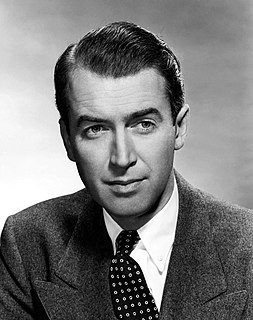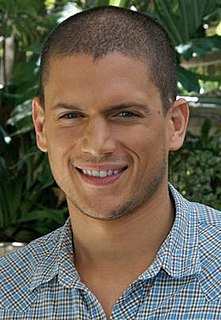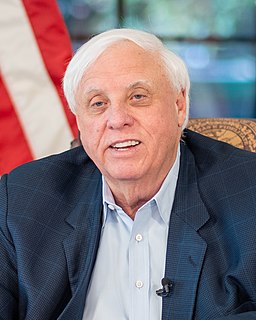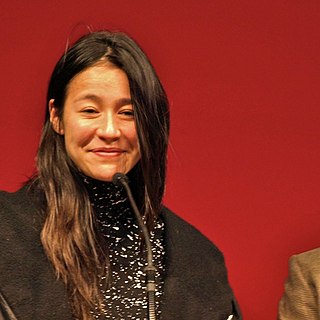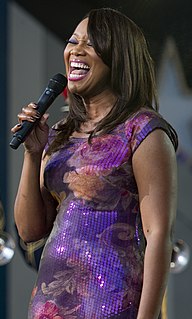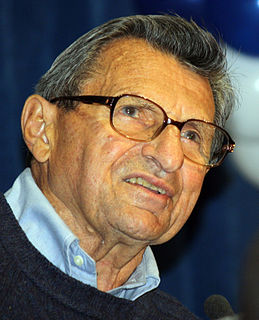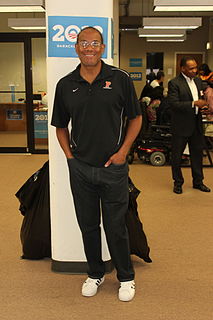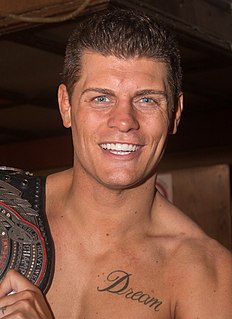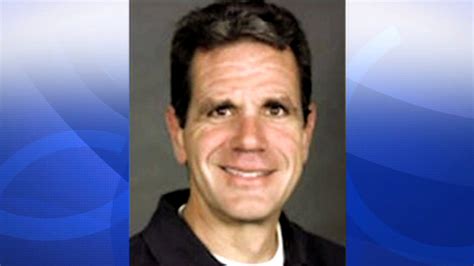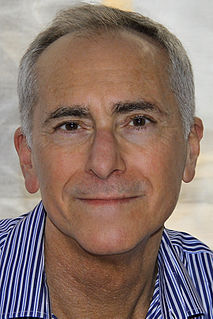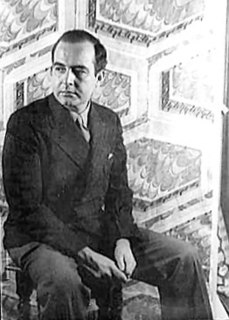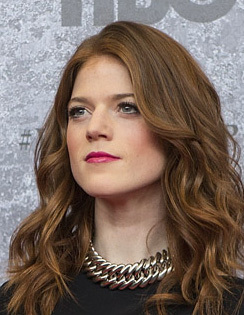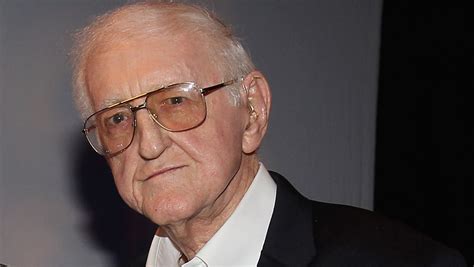Top 1200 Princeton University Quotes & Sayings - Page 5
Explore popular Princeton University quotes.
Last updated on November 15, 2024.
I am thankful for the strong, united response of our university community to the desecration of the James Meredith statue last year, confirming our university values of civility and respect. what it is saying is that the only possible justice for a black in the state of Mississippi is the federal government and if there's anything that we don't need it's that being our only means of expecting justice.
I grew up in Orangeburg, South Carolina, which has the proud distinction of being the home to two of the eight Historically Black Colleges and Universities in the state: South Carolina State University and Claflin University. When I was a kid riding around town with my grandfather, we often drove by the colleges.
I'm a big fan of fiction film where you have a story and you have to transform that into a visual language, basically working with actors and also transforming that into how you pronounce that in the visual language of the shots, the construction of the shots and the lighting. All of that appealed to me from the beginning of my career at the university. When I graduated from the university, I wanted to deal mainly with that, with the visual aspect of the movie.
Nothing can kill the future dreams and goals of a new graduate than 50k of debt like an anvil over your head. I got to Indiana University not because I visited the campus and loved everything about it. I picked Indiana University because I saw a list of the top 10 business schools and it was the cheapest.
My mother worked at the telephone company during the day and sold Tupperware at night. Evenings, she took classes when she could at University of Maryland's University College, bringing me along to do homework while she studied to get the degree she hoped would offer her and me greater opportunities.
My father was a university professor and his thing was tenure. Any time I hear a university professor say tenure, I hear the word dinosaur. You're not supposed to be getting tenure. You're supposed to be figuring out how you can teach more students at a better price and more effectively. That's your job.
To become a world-class university takes a lot of time. There are simply no shortcuts. People tend to assume, and I have encountered this sort of thinking all over the world, that if they just sink enough money into a university, it will emerge in a few years as a first-class institution. But such rapid growth never happens. It takes time; it takes generations.
I would start by writing to an adult, maybe a high school teacher, or maybe an aunt or uncle, and writing and telling them why you want to go to a particular university. That's probably what you would actually sound like. Then write your letter to the university, and put those 2 versions in front of you, and look at the difference between those 2 things.
I became a member of the faculty at Northwestern University in 1965 but did not complete my thesis until two years later at a graduate ceremony at which Carnegie Institute of Technology became Carnegie-Mellon University. At Northwestern, I was mentored by the 'three Bobs:' Robert Eisner, Robert Strotz and Robert Clower.
Nobody talks about how Puffy went to Howard University or about Lil Wayne attending the University of Houston. All the young kids know is what they see on the videos. They don't realize that these guys have taken managerial and business courses, and know how to brand and how to market themselves. They're very smart.
Mostly I want to talk positive; I wanna talk about a bunch of great kids that I coached and made me look good and the university that I've seen grow from a cow college, which it was, only 12,000 people, and when I came here, we weren't at Pennsylvania State University, we were at Penn State College.
Indian higher education is completely regulated. It's very difficult to start a private university. It's very difficult for a foreign university to come to India. As a result of that, our higher education is simply not keeping pace with India's demands. That is leading to a lot of problems which we need to address.
I think it's really exciting for me to see Brandi branch out. Because when you look her up and see her pictures online and see that she was this bikini model, it doesn't tell you that she's got a degree from the University of Michigan or that she attended the master's program and the University of Miami.
But very early in life I became part of the majority culture and now don't think of myself as a minority. Yet the university said I was one. Anybody who has met a real minority - in the economic sense, not the numerical sense - would understand how ridiculous it is to describe a young man who is already at the university, already well into his studies in Italian and English Renaissance literature, as a minority.
Never did I think that the university was properly ministerial to the society around it. Rather I thought and think that society is ministerial to the university, and I bless a society that tolerates and supports an eternal childhood for some, a childhood whose playfulness can in turn be a blessing to society.
There are, however, many challenges to Asian universities. First, academic freedom, in all senses, is much more critical to the success of a university than how much money is spent on infrastructure or on hiring big names. Faculty need to have the space to pursue the research that they are passionate about and the also need to have the freedom to express their opinions in the university, and in the society as a whole.
I think there's a group of students - whether it's the micro-aggression or the safe space or the trigger warning that garner a lot of attention - but that the fundamental issues that they're more interested in are - and I'll be very frank here - how much money do I pay for a unit? And what is that unit going to do for me when I'm graduating?And even though this is mostly in a progressive landscape, they're asking questions that have not been asked of the university. And the university can't supply answers to them.
We want to build the most entrepreneurial postsecondary system in North America. That's why we're pleased that academic institutions, like Algonquin College, University of Ottawa and Carlton University are working to make that happen through the Campus-Linked Accelerator program. They are helping nurture our business visionaries and igniting their entrepreneurial spirit, helping them to succeed and to expand our economy.
Laugh often. Starting your day with a good laugh, or at least a big smile, is as beneficial to your health as it is to your mood. Scientific studies at Northwestern University and Fordham University concluded that laughter benefits the heart, lungs, stomach and other organs. It relaxes tensions, changes attitude, and increases the body's natural painkillers. And it has no harmful side effects.
I moved on to the University of California, Berkley, coordinating interpreters for Deaf students at the university. The first year I was at Berkley, we brought in artists, performers, actors, and poets to create a Deaf arts festival. I did a lot of the interpreting for the stage performers. By the second year, I realized that I really liked producing arts festivals that had to do something with signing.
I think the whole emphasis in England, in universities, on practical criticism (but not that so much as on historical criticism, knowing what period a line comes from) this is almost paralysing. In America, in University, we read - what? - T. S. Eliot, Dylan Thomas, Yeats, that is where we began. Shakespeare flaunted in the background. I'm not sure I agree with this, but I think that' for the young poet, the writing poet, it is not quite so frightening to go to university in America as it is in England, for these reasons.
University presidents should be loud and forceful in defending the university as a social good, essential to the democratic culture and economy of a nation. They should be criticizing the prioritizing of funds for military and prison expenditures over funds for higher education. And this argument should be made as a defense of education, as a crucial public good, and it should be taken seriously. But they aren't making these arguments.
Fifty years ago, great schools like the University of California and the City University of New York - as well as many state colleges - were tuition free. Today college is unaffordable for many working class families. For the sake of our economy and millions of Americans, we must make higher education more affordable.
I went to the University of Minnesota to study art. I left the university to come to New York and live in Soho. I got involved with like a small kind of like experimental theater-mime company and we discovered that Étienne Decroux, a great mime, was still teaching in Paris so I went to study with him for several years.
If the government were to invest that money in higher education and public services, these would be far better investments. But administrators and academics in the U.S. for the most part don't make these arguments; instead they have retreated from defending the university as a citadel of public values and in doing so have abdicated any sense of social responsibility to the idea of the university as a site of inspired by the search for truth, justice, freedom, and dignity.
One of the most influential of the post-Soviet books was the Princeton historian Stephen Kotkin's 'Magnetic Mountain: Stalinism as a Civilization' (1995), a study of the steel city of Magnitogorsk, the U.S.S.R.'s answer to Pittsburgh, as it was constructed in the shadow of the Ural Mountains in the early nineteen-thirties.
Howard University holds something called "Heart's Day," an all day ceremony in which a writer is honored. I was the recipient of this honor. It's a wonderful ceremony that Eleanor Traylor chair of English at Howard University organizes for writers. Writers from around the country came to pay tribute to my work. It was very flattering.
I have an older brother and an older sister - and they had the time of their lives at university. They were at Newcastle and Edinburgh. Looking up to them the whole time, I wanted to go to university and live the life they were living, having a blast, and I didn't get in. I didn't get into any of the universities I wanted to go to.
The [Burmese] government appears to be more interested in stamping out political activity than drug addiction. Very few university students on the campus could get away with engaging in political activities, but they seem to be able to get away with taking drugs. We have heard that it is very easy to obtain drugs on the university campuses.










